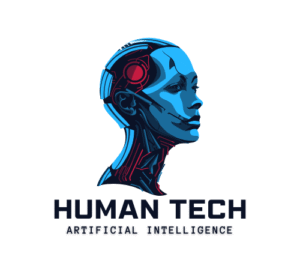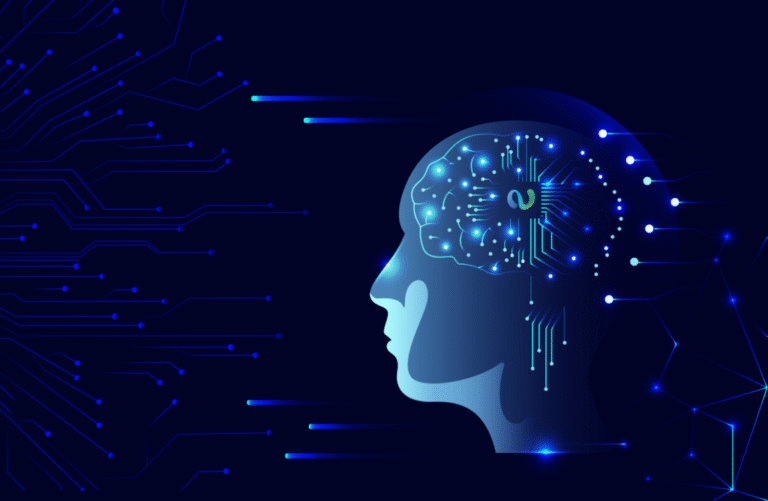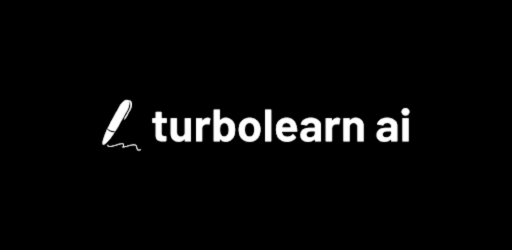AI Agents News and Updates

Salesforce rolled out Agentforce 360:
Salesforce rolled out Agentforce 360, a full‑scale platform that lets businesses build, deploy and monitor AI agents — including voice interface, multi‑step workflows and Slack/CRM integration

Anthropic introduced “Skills” for its AI assistant Claude:
Anthropic has launched “Skills” for its AI helper, Claude. These are like organized sets of special instructions and tools that make the AI more suited for actual tasks.

PwC launched “agent OS”
PwC introduced “agent OS,” a new platform designed to let multiple agents work together and communicate. This marks a change from having just one bot to having many bots collaborating.
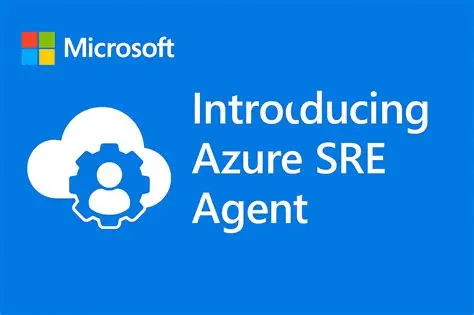
Microsoft’s Azure AI Foundry / Agent Service update:
Microsoft has updated its Azure AI Foundry and Agent Service. Now, there’s a new feature that helps manage multiple agents together, ensuring they operate within guidelines and don’t go off track. Plus, you can create agents using a simple, low-code approach.

Andrej Karpathy (former co‑founder of OpenAI) stated that:
Andrej Karpathy (former co‑founder of OpenAI) stated that AI agents are still about a decade away from broad effectiveness, pointing to limitations like multimodality, continual learning and tool‑usage.
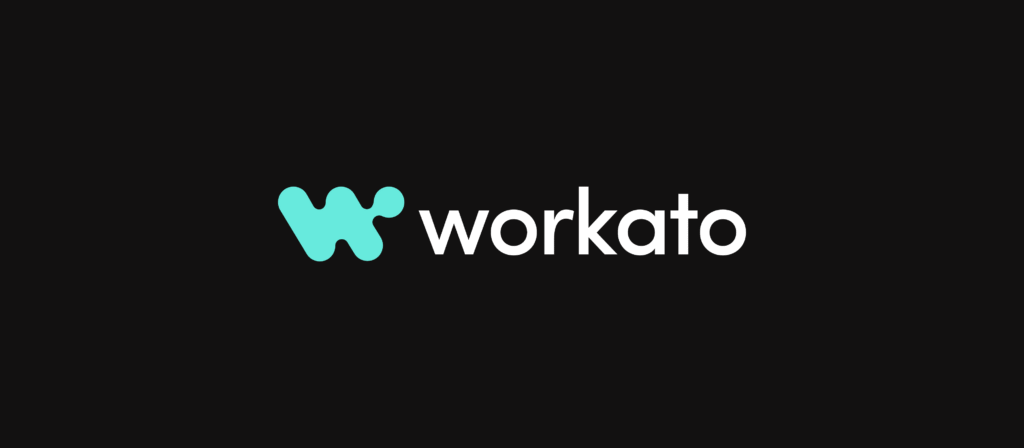
Workato launched:
Workato launched what they describe as “the industry’s first enterprise Model Context Protocol (MCP) platform for AI agents”, enabling agents to act in business processes with enterprise‑grade security and orchestration

Apna.co (India) launched
Apna.co (India) launched BlueMachines.ai, an enterprise‑grade voice AI agent platform supporting multilingual voice agents for high‑volume customer engagement scenarios.

Dalet Broadcast unveiled “Dalia”:
Dalet Broadcast unveiled “Dalia”, an agentic AI solution integrated within its media ecosystem to assist with workflows like asset search, rights management, transcoding and packaging.

TinyFish, a startup building web agents
TinyFish, a startup building web agents that mimic human browsing to automate tasks like price‑tracking and inventory monitoring, raised $47 million in Series A to expand in retail and travel sectors

Sierra (startup focusing on enterprise customer‑service agents)
Sierra (startup focusing on enterprise customer‑service agents) is reported to be closing in on a $350 million funding deal at a $10 billion valuation — reflecting investor confidence in agentic automation in business support.
FAQs
What is an “AI agent”?
An AI agent is software that can work on its own to perform tasks, make choices, and manage workflows using language models, tools, memory, and planning. It is more advanced than a chatbot because it can take initiative, understand context, and take action.
How is an AI agent different from a chatbot?
A chatbot mainly replies to user messages. An AI agent, on the other hand, understands context, plans actions, uses tools, and completes tasks. In short, chatbots react, while agents can organize and take action.
What components make up a typical AI agent?
Key parts of an AI agent include:
- Perception/input: Understanding users or their environment.
- Planning/decision making: Deciding what to do next.
- Tool or action interface: Using APIs, databases, or web actions.
- Memory or state: Keeping track of past interactions.
- Feedback/learning: Improving over time.
What are common use cases for AI agents?
Examples include:
- Automating customer service tasks like ticket triage and FAQs.
- Streamlining business processes like data collection and report generation.
- Managing multi-step tasks such as scheduling and travel planning.
- Assisting users in multiple languages or with voice commands.
These uses point to a future with specialized AI agents for businesses by 2025.
What are the main benefits of using AI agents?
- Efficiency: They can quickly handle repetitive or complex tasks.
- Scalability: Agents work around the clock, manage large amounts of data, and connect with various tools.
- Consistency: They follow set rules, reducing human error.
- Innovation: New workflows become possible, such as coordinating multiple agents.
These benefits depend on good design and integration.
What major risks and limitations should I watch?
- Error cascades: Mistakes early on in multi-step tasks can worsen later.
- Oversight and accountability: Agents must be monitored to ensure they operate correctly.
